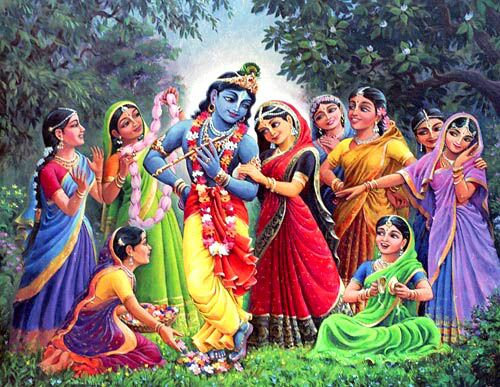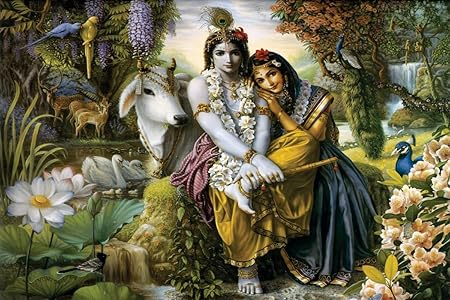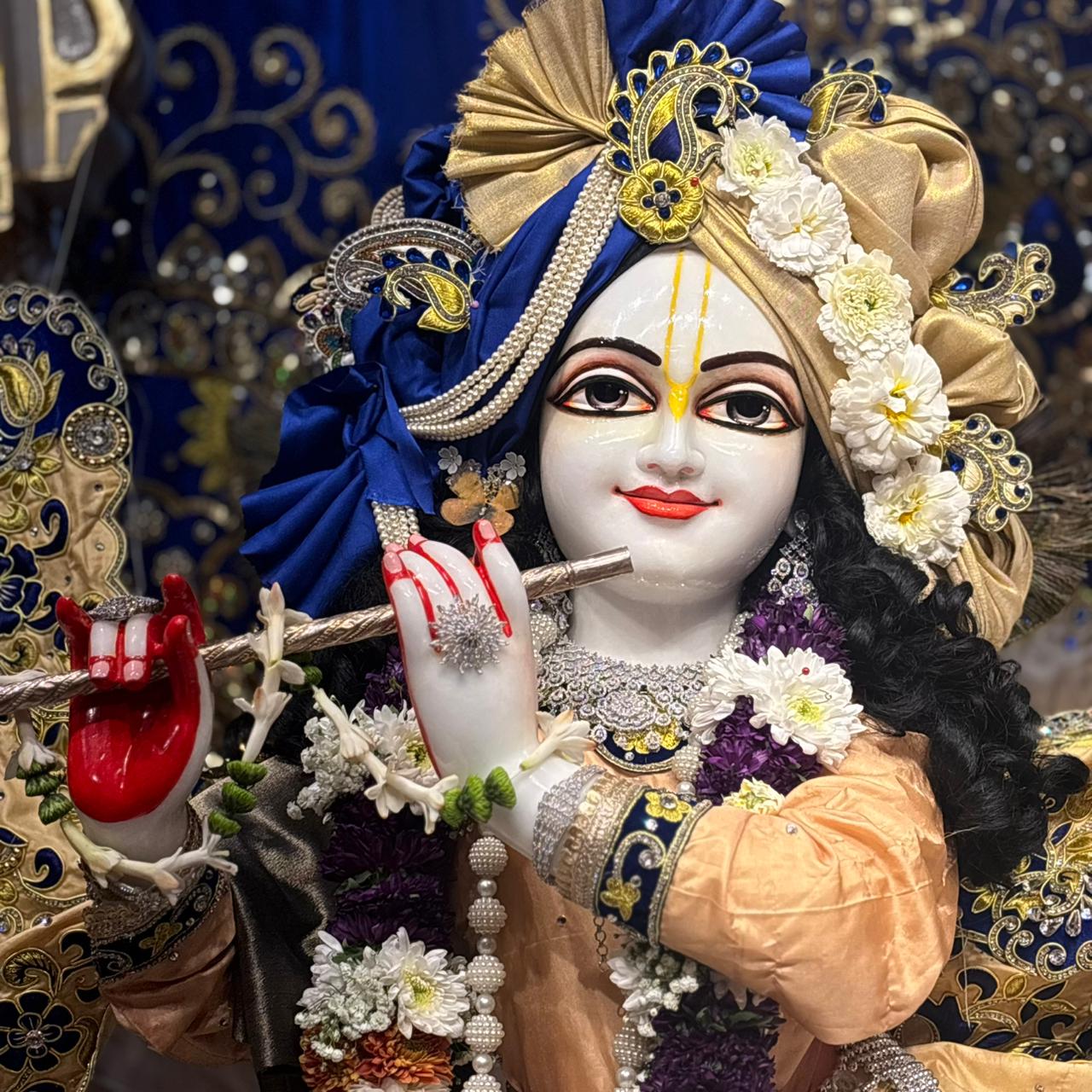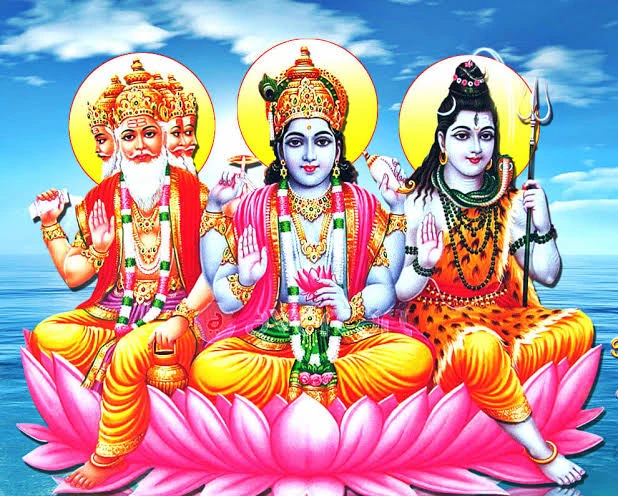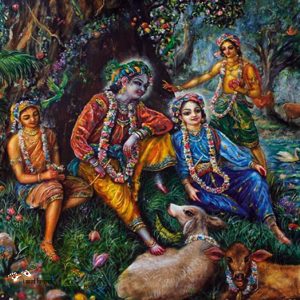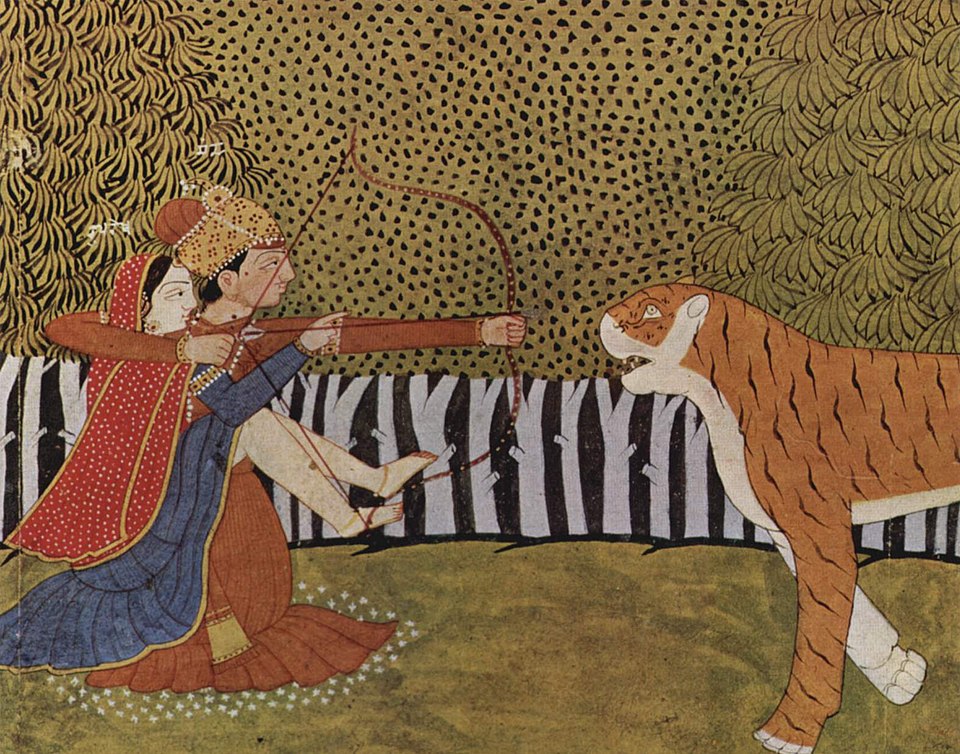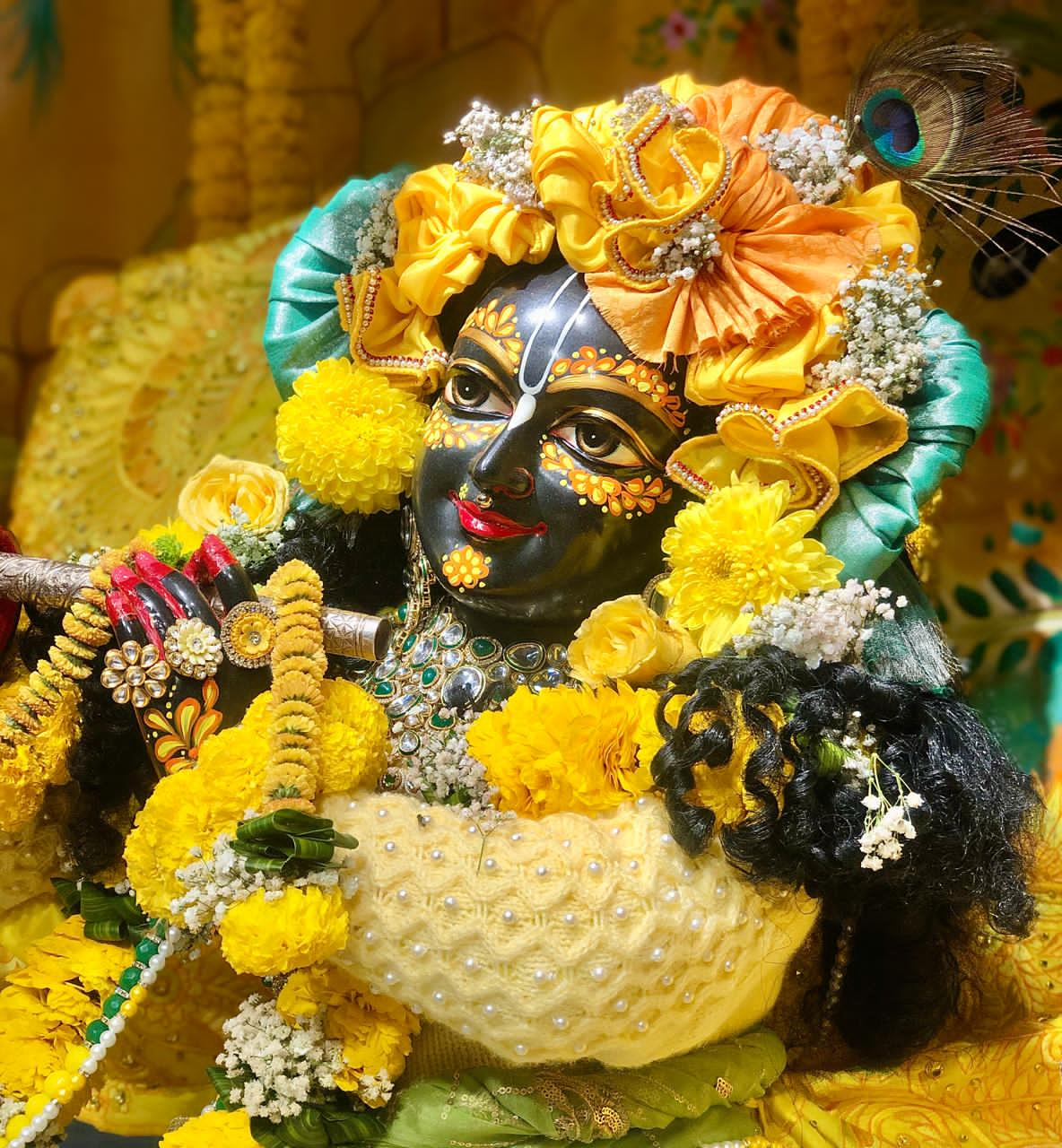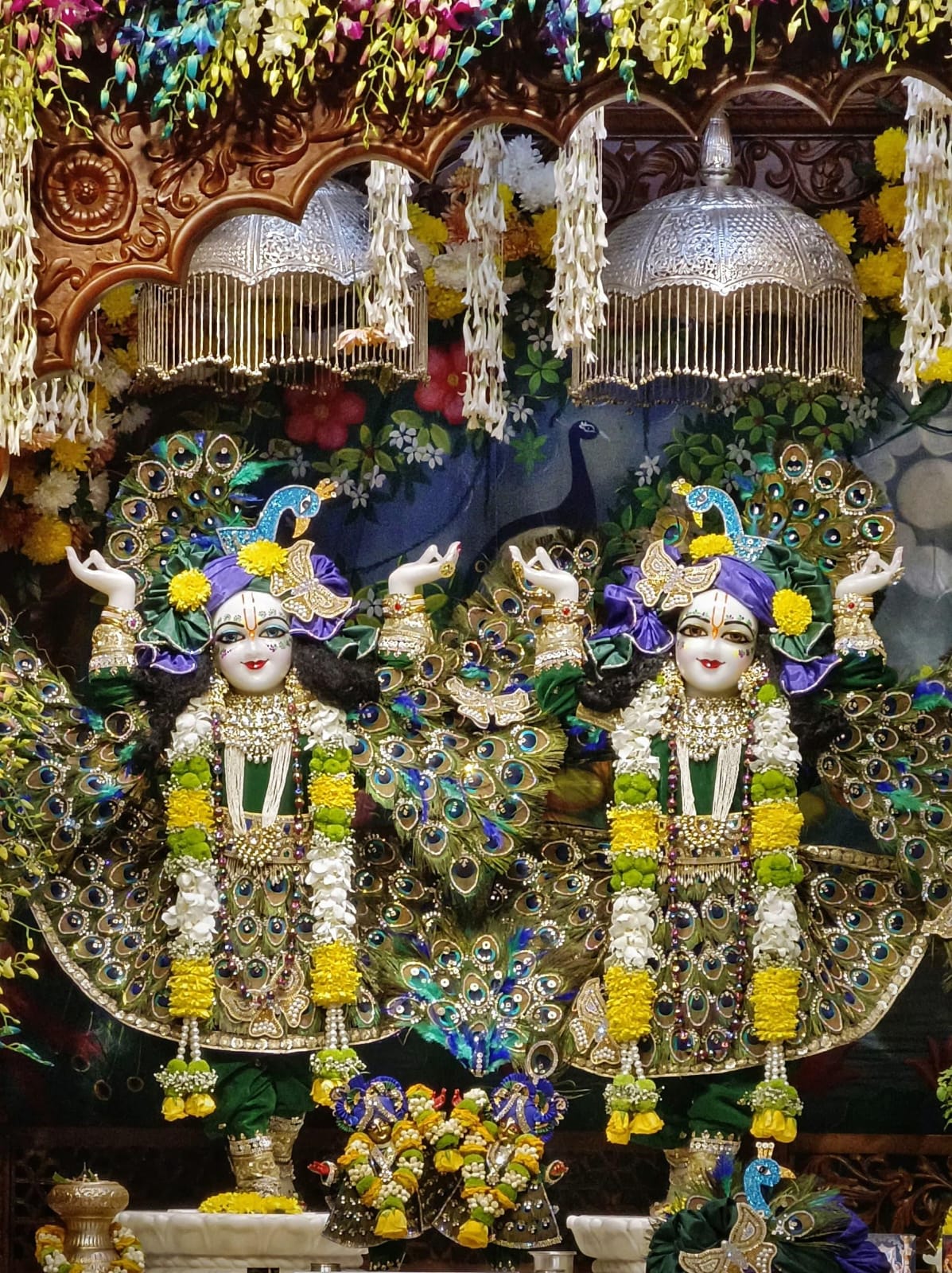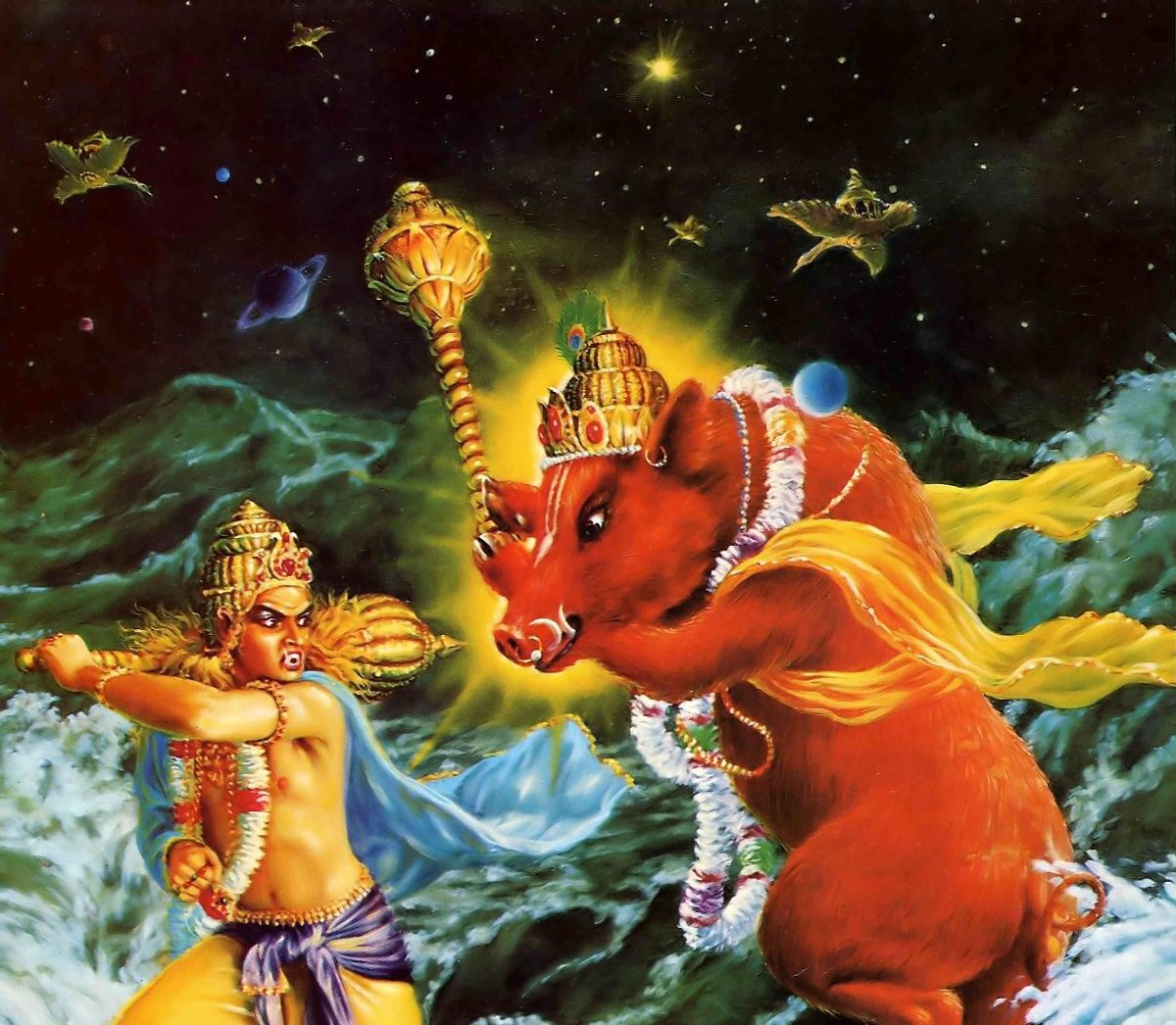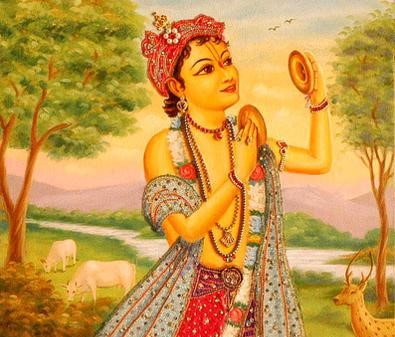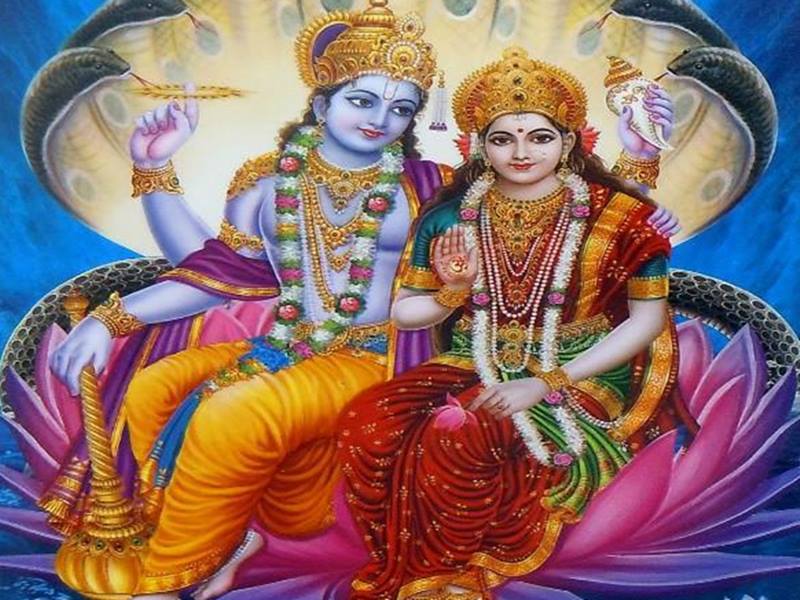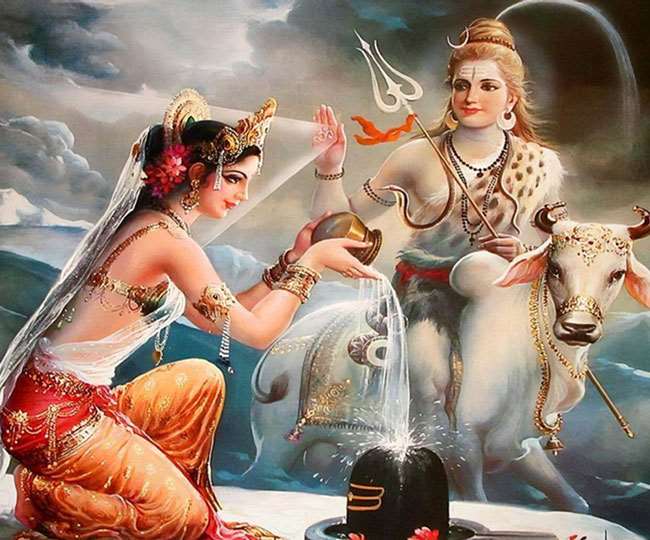Sexual intercourse according to religious principles is a representation of Krishna consciousness.
The conditions for having good progeny in society are that the husband should be disciplined in religious and regulative principles and the wife should be faithful to the husband. In Bhagavad-gita (7.11) it is said that sexual intercourse according to religious principles is a representation of Krishna consciousness. Before engaging in sexual intercourse, both the husband and the wife must consider their mental condition, the particular time, the husband’s direction, and obedience to the demigods. According to Vedic society, there is a suitable auspicious time for sex life, which is called the time for garbhadhana.
Diti (mother of demon Hiranyakasipu) neglected all the principles of a scriptural injunction, and therefore, although she was very anxious for auspicious children, she was informed that her children would not be worthy to be the sons of a brahmana. There is a clear indication herein that a brahmana’s son is not always a brahmana. Personalities like Ravana and Hiranyakasipu were actually born of Brahmanas, but they were not accepted as Brahmanas because their fathers did not follow the regulative principles for their birth. Such children are called demons, or Rakshasas. There were only one or two Rakshasas in the previous ages due to the negligence of the disciplinary methods, but during the age of Kali, there is no discipline in sex life. How, then, can one expect good children? Certainly, unwanted children cannot be a source of happiness in society, but through the Krishna consciousness movement, they can be raised to the human standard by chanting the holy name of God. That is the unique contribution of Lord Caitanya to human society.
Source: A.C. Bhaktivedanta Swami Prabhupada (2014 edition), “Srimad Bhagavatam”, Third Canto, Chapter 14 – Text 38






